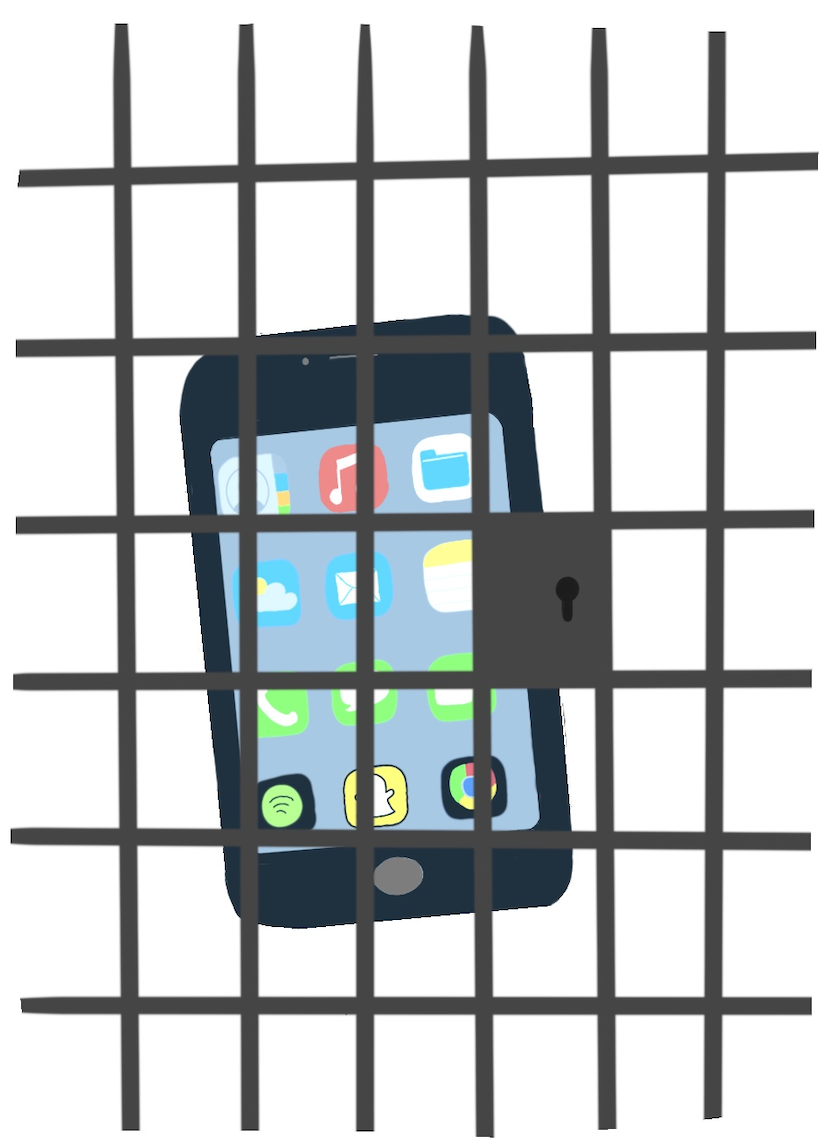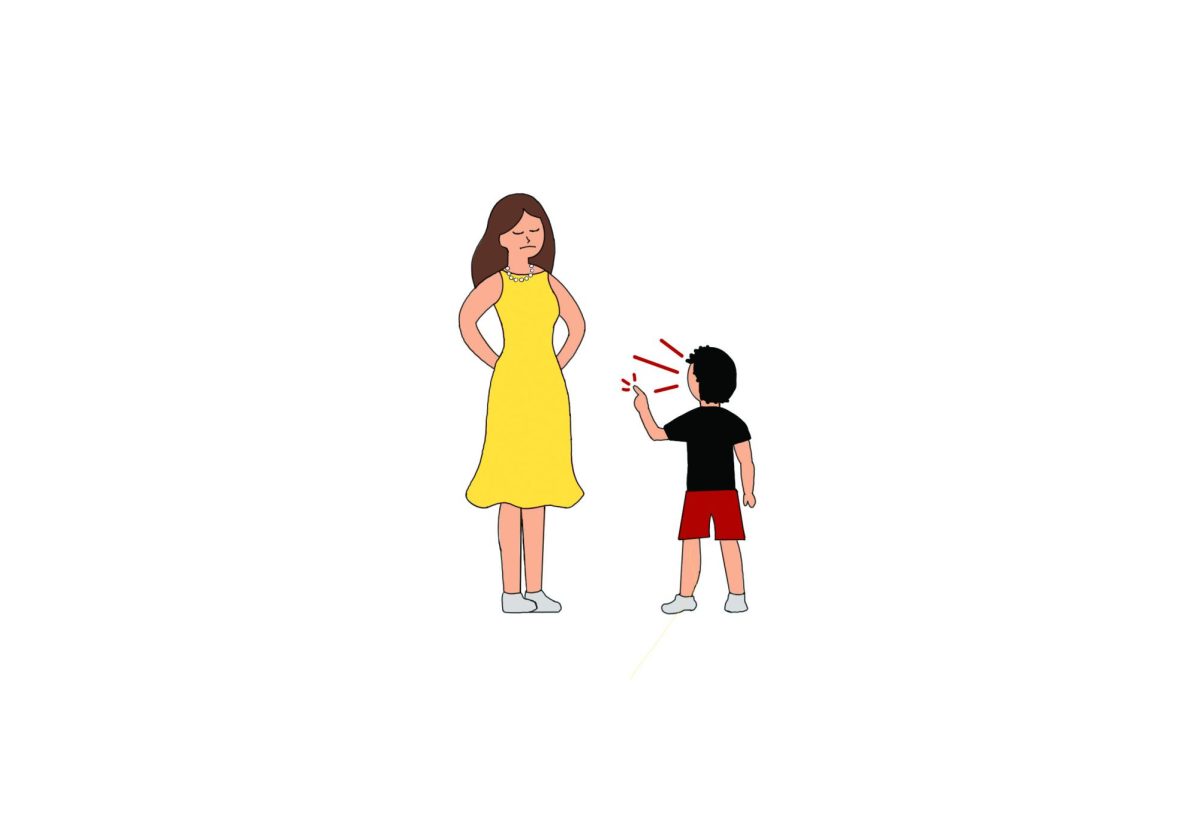Beginning in kindergarten, we were taught to be kind to others. We were taught how to share. We were taught to be attentive and listen when someone else was talking. Once we made it to middle school, we were taught to be organized. We were taught to do our homework without being told. We were taught to manage our time and not be late. Everything we needed to know to be successful in high school, we were taught in elementary or middle school—except how to manage our cell phones.
This year, we were told we cannot handle having our phones and, therefore, must put them away, out of sight; yet, we have never been taught how to properly use our phones in school.
The Blue Valley Board of Education determined that high school students are not allowed to be on personal electronic devices during instructional minutes, even if their work is finished or there is downtime.
We get it. From a purely academic standpoint, this new policy is justified. We recognize that phones are a distraction and that not having cell phones in class improves concentration and overall academic performance. That being said, high school is more than just academics.
High school is where we learn how to be functioning members of society. It is where self-discipline is built that will one day help us hold a job, get a degree or excel at anything we desire to be. For students to be successful after high school, their motivation to learn and grow must come intrinsically rather than from administrative enforcement.
Part of this discipline comes from the confidence we have in ourselves and our abilities. For this confidence to be fostered, we must be respected as young adults—young adults who have been taught to be successful on our own. We need the ability to experiment with these crucial life skills while we have a supportive environment to fall back on when we fail.
Device addiction does not only affect teenagers. Teachers regularly have their phones on their desks and check them while we are doing our work. Our parents mindlessly scroll on Facebook for hours at night. We do not have good phone etiquette because nobody does. The entire human race needs to learn together how to put them away, but it needs to start with the people we look up to. It needs to start with the adults.
We were told we could not control ourselves without getting a chance to prove we could. It’s not that we don’t know phones are a problem, it’s that we were never taught why. Teachers spent a whole morning of professional development before school started in August learning why cell phones are such a huge problem. Why didn’t we?
Education regarding proper cell phone use must start before we even have access to personal devices. Age-appropriate programs should be implemented starting in elementary school to educate the next generation about the ramifications that come with cell phones. Let us know early on how putting them away will benefit us, and we will learn to do it on our own.
We know it is too late to change anything this year, but we ask the district to reevaluate its policies moving forward. Rather than just enforcing restrictions, consider taking a more educational approach, teaching students from a young age the consequences of excessive electronic use.
By simply taking our phones, you are denying us the education to help with the self-discipline necessary for our futures. We need to control this ourselves, and just taking our phones away teaches us nothing.





